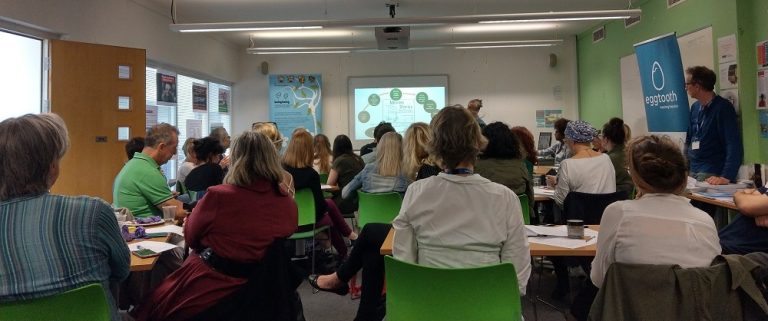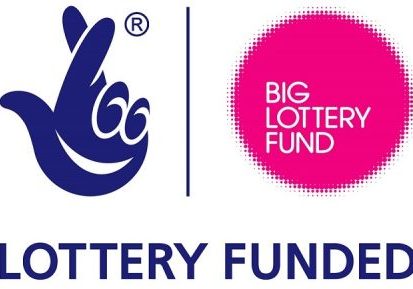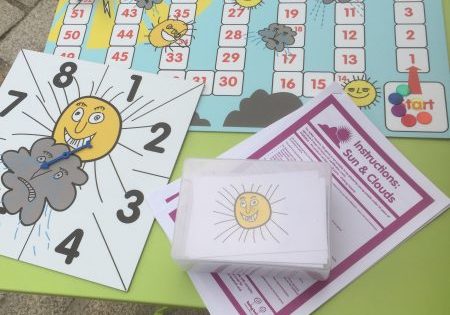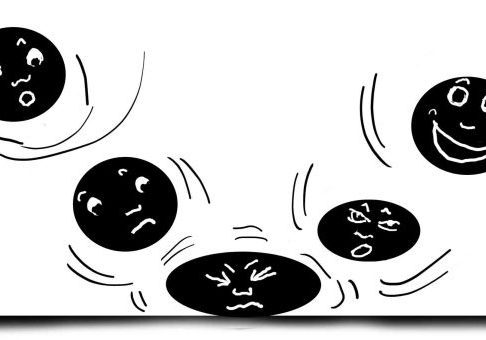Boingboing blogs from… The end of year celebration
The Centre for Resilience and Social Justice end of year event: Capturing and expanding the resilience vision – 20 June 2019, University of Brighton
By Phil Haynes, Boingboing volunteer
Over 50 delegates attended the Centre for Resilience and Social Justice (CRSJ) end of year event on 20 June: Capturing and expanding the resilience vision. Participants included those with lived experience, academics, professionals and practitioners. This was an opportunity to hear about the wide range of work undertaken by the CRSJ during the last year. Feedback from attendees, via reflective exercises, indicated that they were very much engaged with and excited by the content and issues raised. Delegates were enthused by the Centre’s pioneering work to make sure that resilience is firmly embedded in collective and social movements, and driven by aspirations and values that achieve social justice. New ideas were shared and several new members recruited to the Centre’s exciting 2019-20 programme.
Opening remarks and a warm welcome to all were offered by the Director, Professor Angie Hart. This was followed by a short presentation from Mirika Flegg on the ‘Friend for Life’ project in Blackpool. Networking flourished around a delicious lunch, organised by the University’s catering services at Falmer. After this, Naz Biggs led us into a whirlwind display of short presentations and posters. In combination, this was a graphical, colourful and thought-provoking session about each of the Centre’s key activities and outputs from the last year. Highlights were: a visitation from the brilliant Blackpool Resilience Revolution and Chris Cocking’s research insights into how crowds can demonstrate very positive social support to their members in the face of adversity (despite what the media would sometimes have us believe).
A short break in the presentations allowed time for some quick fire reflection on Post-It notes. Ideas flowed readily and willingly, and were communicated back to the posters on display, or placed into the big single collage being created at the rear of the room. As the presentations resumed, there were more creative examples of resilience definitions, systems contexts, and most important of all – enabling people who are often disempowered to have a greater opportunity to build collective capacity towards social justice. By tea time, it was clear a complex and expanding vision of resilience was being articulated. This was a shared social, relational and collective expression. Over tea, all were invited to make further contributions to the feedback collage. Suna Eryigit-Madzwamuse, Deputy Director, gave the event a final, concise and motivational summing-up. Networking discussions continued well after the closure of the event.
Most important of all, this day served its purpose. This was to expand the growing Centre’s vision to build resilience and to promote opportunities for social justice. The centre is now well placed for growth going into the challenges of 2019-20. Our thanks to all those who organised, presented and participated in this successful event. Next you can read Harvey’s blog about the meeting and check out the presentation slides.



